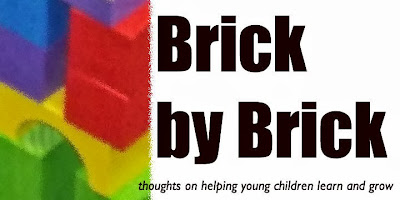Chapter 8: "But Competition Is Human Nature"
Chapter 9: Terrorist Tots?
As I read these two chapters, I kept thinking about society - the issues in these chapters are related to societal concerns invading the learning environment. Both of these issues relate again to kids' needs and how the teacher can create an environment that meets those needs in appropriate and adequate ways.
"Kids need to know how to survive in our competitive world." This sums up some of the comments related to this issue. But Rae questions whether it's really true. Is our world that competitive? Most of the examples we can think of (college placement, job positions) are really instances when the individual must present their best efforts. Someone chooses who is in and who is out based on a variety of criteria (most of it unknown). Being competitive has little impact on the final result.
Make games into challenges rather than competitions. Race against a timer instead of one another. Work to solve a problem rather than compete for it. Work together to build the tallest secure tower rather than compete with one another to create a tall tower. Celebrate finishing rather than winning. Yes, kids will face competition as they get older. They will face winning and losing. But maybe, at this early time of life, we can focus on the enjoyment of playing or solving rather than collating points to "beat" someone else.
 |
| In this game, every player moves whatever colored marker comes up. The group works together to get the bears to the end of the path. |
The other chapter issue is one that can be very sensitive. We want to have safe learning environments. But zero-tolerance policies regarding violent play and gun play can be more harmful than helpful. Fantasy play with superheroes, guns, and "violence" can help kids work through feelings and anxieties about things happening in our world. Banning that kind of play can create more anxieties and less capable children.
We as teachers can allow this play with guidelines and boundaries (at certain times and in certain areas). Make sure kids know how to "opt out" of this play, telling others they don't want to be a part of the game (at the onset or anytime during the game). Talk with kids about their ideas for play and help them expand their ideas for these scenarios. Maybe talk about how to cooperate to solve problems or encourage them to think about why different parties act in those ways.
Some links from the book---
- Creating a Non-Competitive Climate for Children
- The Case Against Competition
- War, Gun, and Superhero Play. Good or Bad?
- What's a Teacher to Do? Superhero Play
And a few more---

